
onlinelibrary.wiley.com/doi/10.1111/... w @chrismmcox.bsky.social

onlinelibrary.wiley.com/doi/10.1111/... w @chrismmcox.bsky.social
Many social scientists seem to think so, and are already using "silicon samples" in research.
One problem: depending on the analytic decisions made, you can basically get these samples to show any effect you want.
THREAD 🧵

Many social scientists seem to think so, and are already using "silicon samples" in research.
One problem: depending on the analytic decisions made, you can basically get these samples to show any effect you want.
THREAD 🧵
www.cell.com/current-biol...

www.cell.com/current-biol...
Very excited to share this gentle introduction to another way of making sense of statistical models (w @vincentab.bsky.social)
Preprint: doi.org/10.31234/osf...
Website: j-rohrer.github.io/marginal-psy...



Very excited to share this gentle introduction to another way of making sense of statistical models (w @vincentab.bsky.social)
Preprint: doi.org/10.31234/osf...
Website: j-rohrer.github.io/marginal-psy...


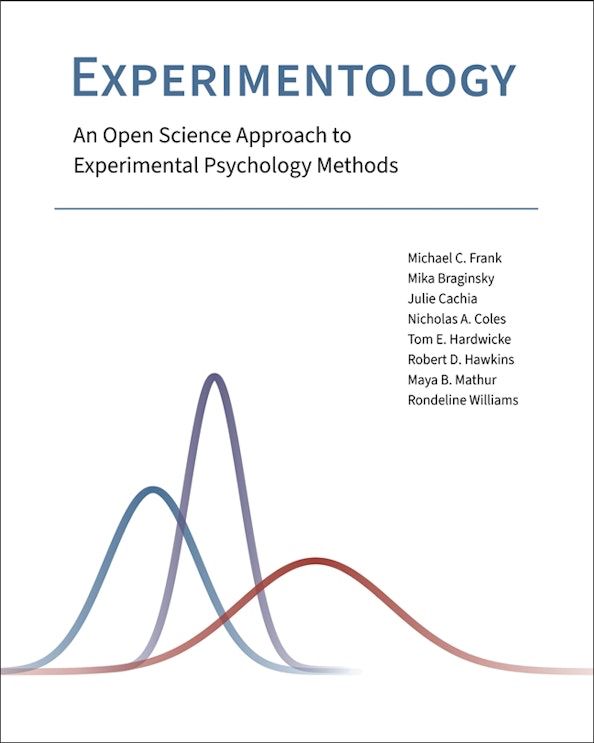
easystats.github.io/modelbased/a...
easystats.github.io/modelbased/a...

Yay!! I just submitted the complete manuscript of my upcoming book to the publisher!
Learn to easily and clearly interpret (almost) any stats model w/ R or Python. Simple ideas, consistent workflow, powerful tools, detailed case studies.
Read it for free @ marginaleffects.com
#RStats #PyData
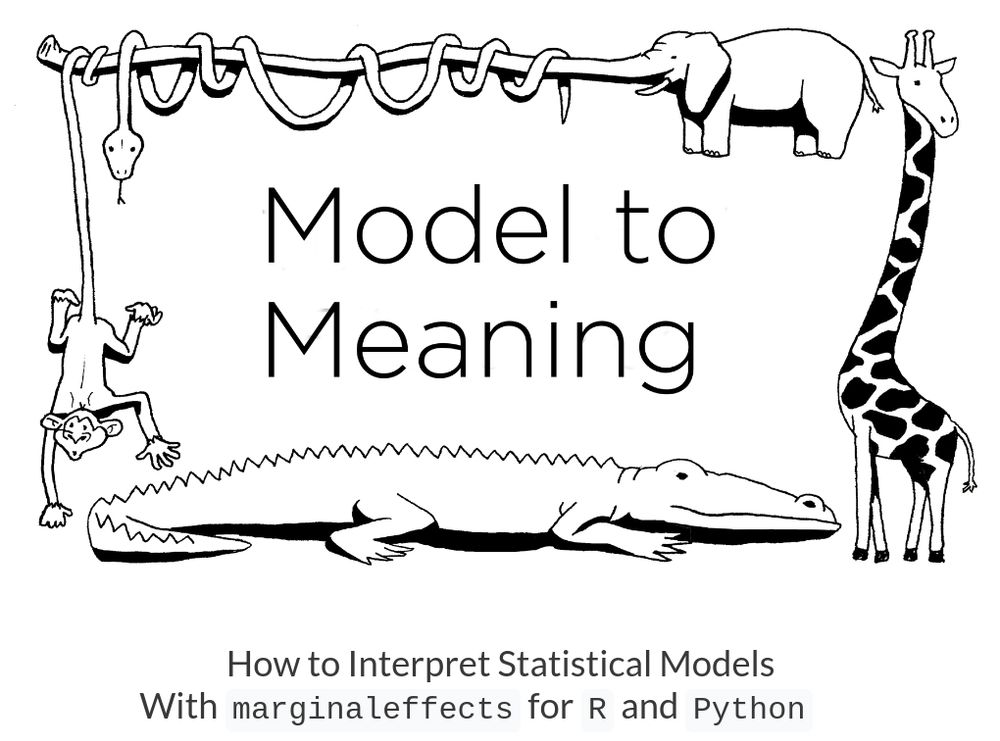
Yay!! I just submitted the complete manuscript of my upcoming book to the publisher!
Learn to easily and clearly interpret (almost) any stats model w/ R or Python. Simple ideas, consistent workflow, powerful tools, detailed case studies.
Read it for free @ marginaleffects.com
#RStats #PyData
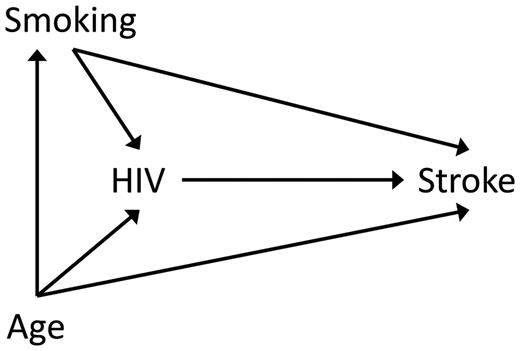
tinyurl.com/4ffday8y
Thread below
/1
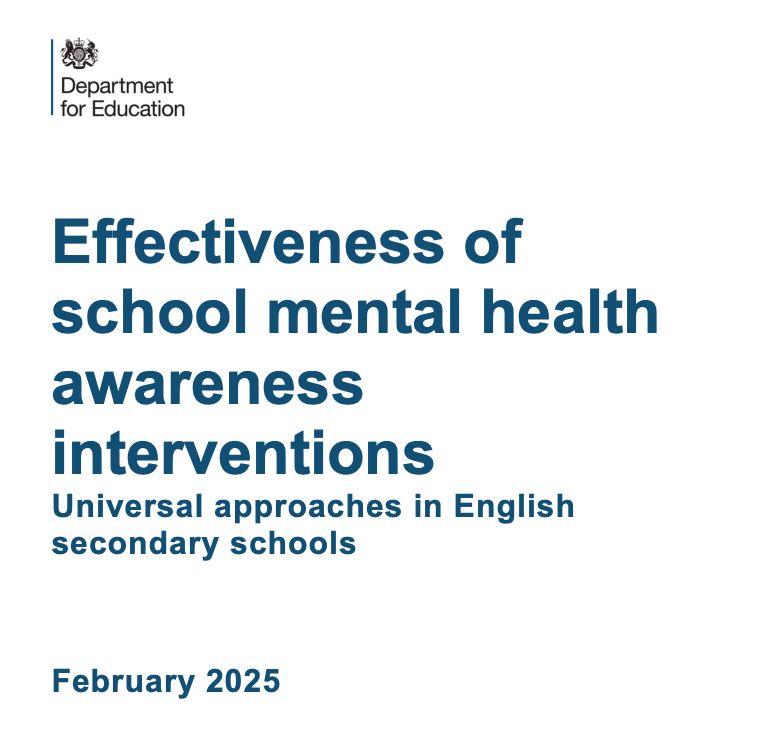
tinyurl.com/4ffday8y
Thread below
/1

error.reviews/reviews/hehm...

error.reviews/reviews/hehm...
Preprint: osf.io/preprints/ps...
BSky author: @tvpollet.bsky.social
#UKHE #AcademicSky

Preprint: osf.io/preprints/ps...
BSky author: @tvpollet.bsky.social
#UKHE #AcademicSky
Brief chapter summaries below (1/10)
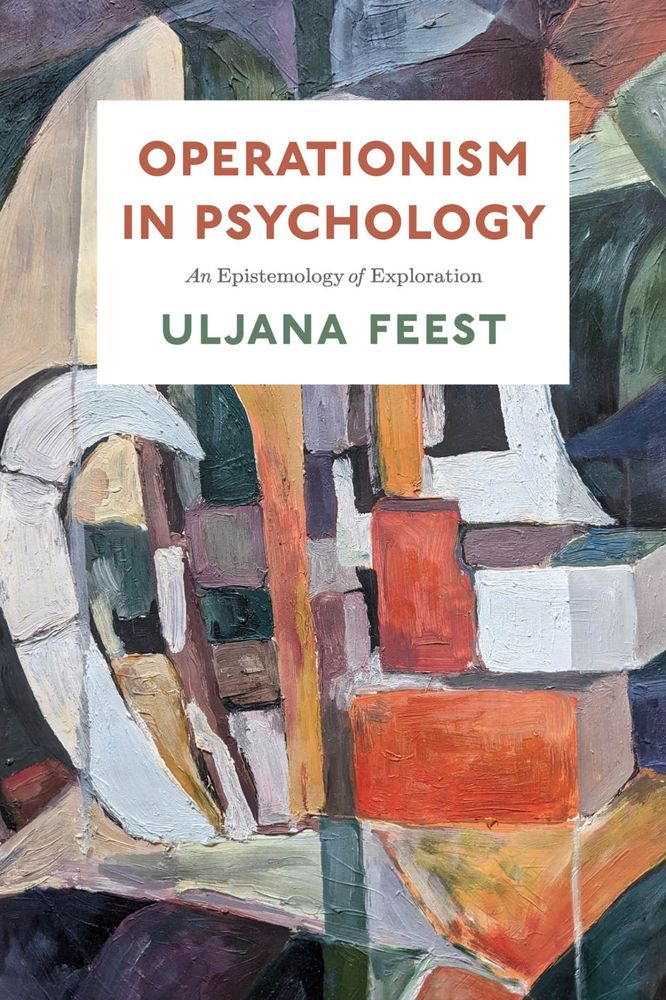
Brief chapter summaries below (1/10)


A revision of our book "Causal Inference: What If" is available at miguelhernan.org/whatifbook
Thanks to everyone who suggested improvements, reported typos, and proposed new citations and material.
Enjoy the #WhatIfBook plus code and data. Also, it's free.
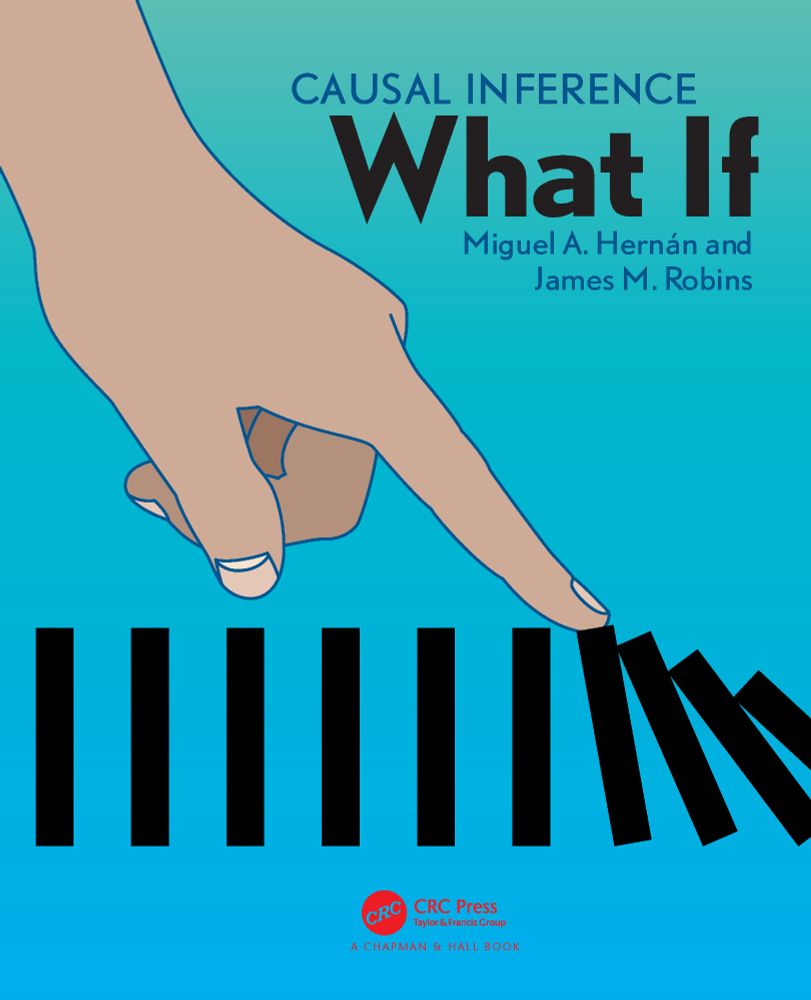
A revision of our book "Causal Inference: What If" is available at miguelhernan.org/whatifbook
Thanks to everyone who suggested improvements, reported typos, and proposed new citations and material.
Enjoy the #WhatIfBook plus code and data. Also, it's free.
www.dartmouth-health.org/about/news/a...

daxkellie.quarto.pub/will-your-co...
All the links to packages and resources I mentioned are there, so hopefully this can be a nice reference, too!
#ESAus2024 #rstats #quartopub 🧪🌏
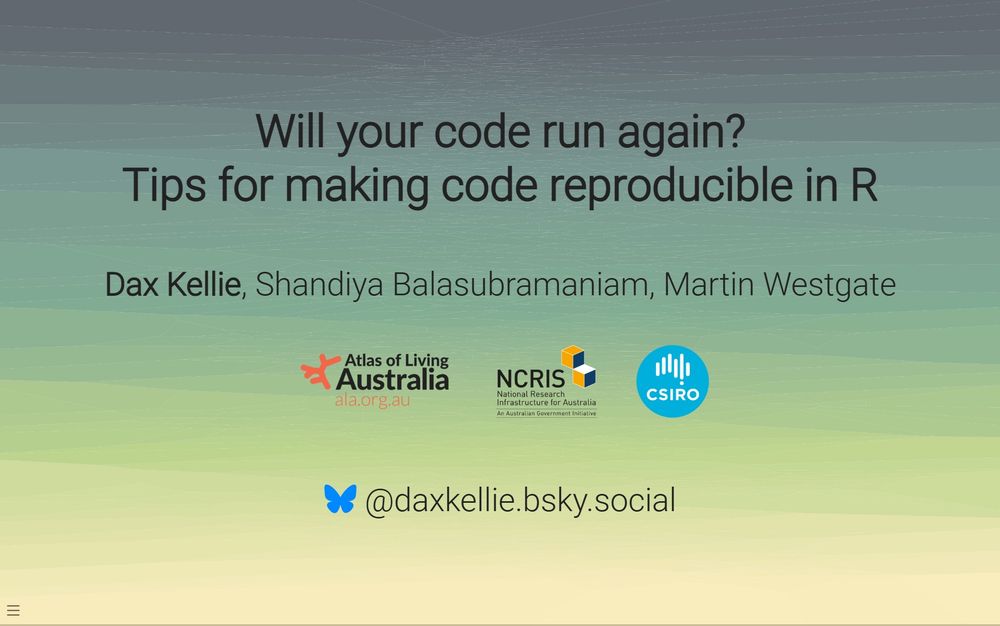
daxkellie.quarto.pub/will-your-co...
All the links to packages and resources I mentioned are there, so hopefully this can be a nice reference, too!
#ESAus2024 #rstats #quartopub 🧪🌏

